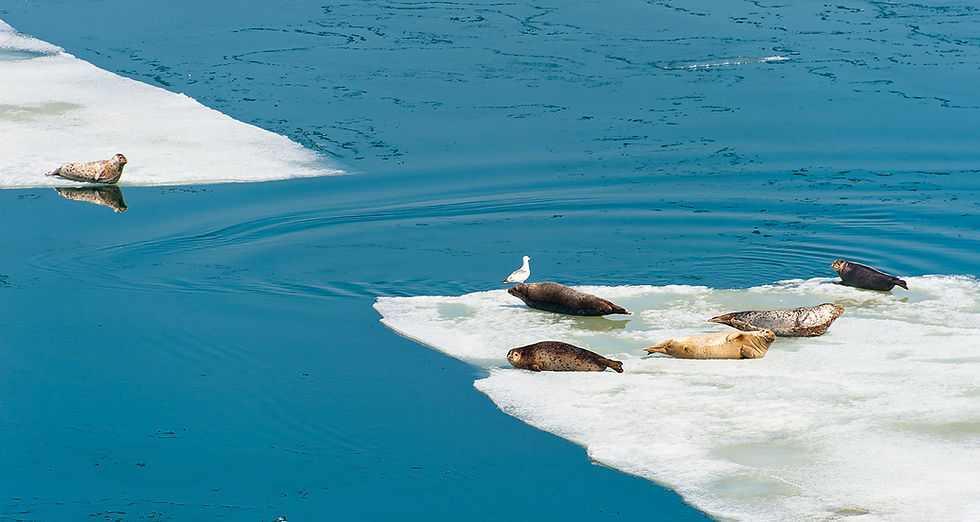At Future Fwd we are going to hear from young people about their priorities and it’s well documented (with the likes of Greta Thunberg et al. leading the charge) that Next Gen takes the health of the planet extremely seriously, so I’m expecting to hear them cite climate action as one of their priorities, at the conference.

In conversations with our pupils, we’ve heard that not only do they want to see change but they want to be PART of the solutions. They actively want to spend their time helping.
And it’s no surprise then, that perhaps being informed by younger generations, the organisers of Earth Day have set the theme for the 2022 edition as ‘invest in our planet’.
Investing in our planet can be as much about investing our time as investing money, but from my perspective as a Bursar, sustainability in an economic sense provides a broad set of points for consideration:
understanding where we currently are
measuring our impacts with Science Based Targets
ensuring we communicate the sustainability priority
reviewing our strategy as the global warming situation evolves, and
balancing economic objectives whilst ensuring we also invest in our planet
Yes, we will make our procurement choices more sustainable, and devise commercial pathways to reducing our carbon footprint, but to help play our part in protecting the planet, I think it’s got to be a longer-term impact, and is therefore essential to motivate a community that there is no direct short-term financial advantage if the end (long-term) result is limiting global warming.
Collaborating with pupils to create green initiatives could be a great strategy to adopt, and consciously investing our own individual time to partake in climate action to see these initiatives to fruition is important. But I’m also interested in how we can weave this into the long-term future of the education system, rather than framing it as a stand-alone, extra-curricular conversation with our pupils year on year.
Yesterday’s announcement concerning the launch of a new Natural History GCSE had me thinking about what can we build into our learning and teaching environments, that ensures long term critical thinking about the earth’s climate?
We live in challenging times, but I look forward to being inspired by our young people at Future Fwd as we look at ever more innovative ways to invest in our planet.


Comments